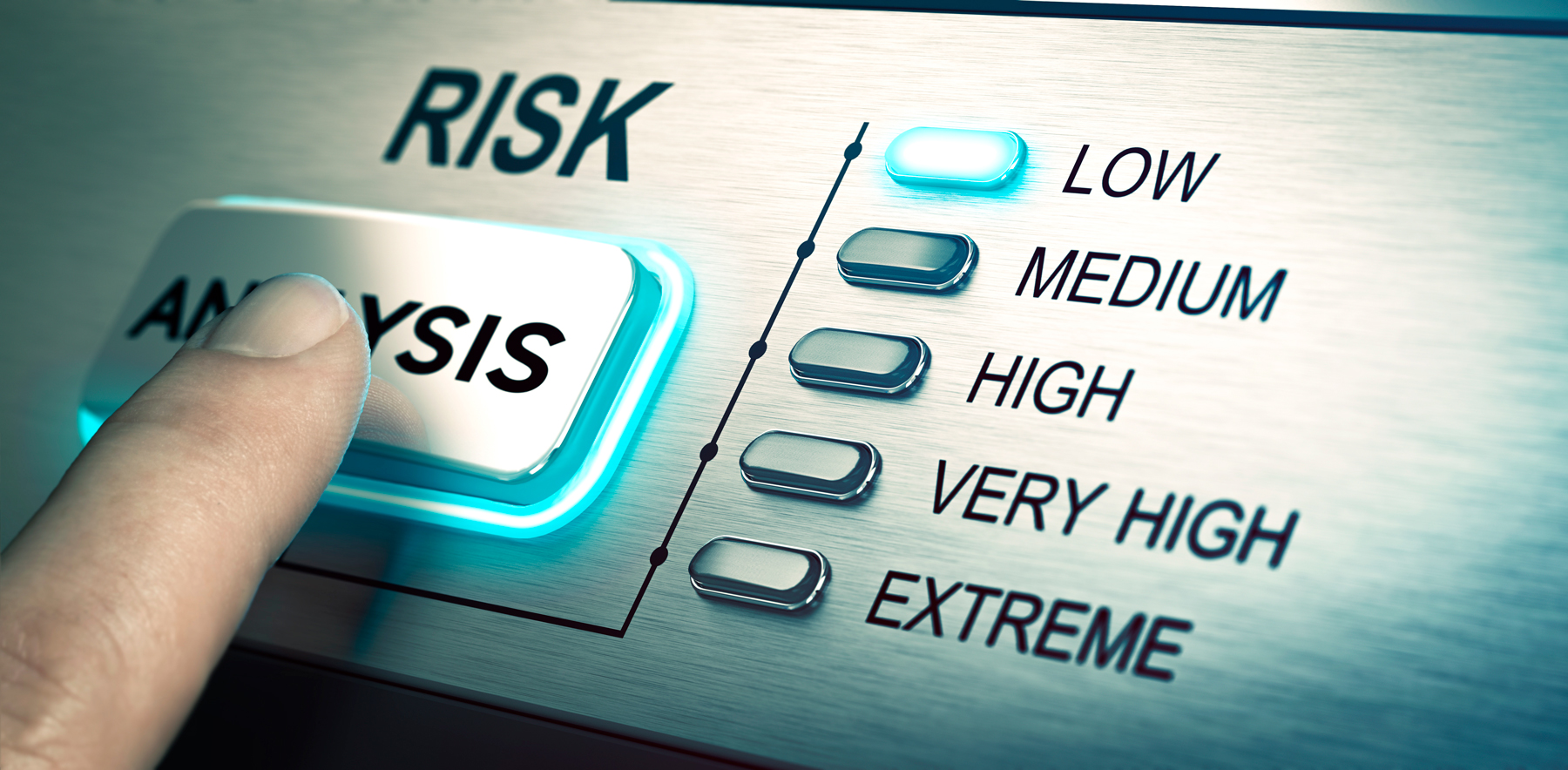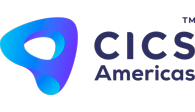
SQFI Certificate Extension Policy and risk assessments: what you need to know
Typically, an organization is continuously exposed to challenges and risks. However, extraordinary events such as the COVID-19 pandemic, are beyond the control of any company.
But what is an “extraordinary event”? As previously mentioned, we refer to a situation beyond the control of the organization, commonly described as “Force Majeure” or “act of God”. Riots, geopolitical tensions, crimes, natural or human-made disasters, and, of course, pandemics, to mention some examples.
The lockdown forced many industries to change the way they operated, and SQF Certified Sites were not the exception. Dealing with highly restrictive travel policies and alterations in the site’s production are a few of the many challenges that organizations are currently facing.
Consequently, the site’s SQF Recertification schedules were altered, and SQFI had to act diligently to support the SQF community and establish an appropriate course of action to adapt to the evolving situation.
The SQFI Certificate Extension Policy
In line with the Global Food Safety Initiative (GFSI) Policy, Certifying Bodies (CBs) shall follow the SQFI Certificate Extension Policy. A one-time six-month extension to a site’s SQF Recertification date is granted when the site is going through extenuating circumstances that prevent the audit from taking place following its regular schedule.
So what’s next for the sites that will soon require SQF audits but cannot conduct them as they usually do? First, communication between the site and its CB is key to identifying challenges and defining a possible course of action.
After this, a site may request the extension to their former CB, which will need to assess the site’s risks of continuing certification through a process called “risk assessment”.
A CB performs the risk assessment by gathering the necessary information from the certified site and decides an appropriate course of action. Due to the moment we’re living, some sites have not been able to have their SQF Recertification audit. For them to comply, the SQFI has granted a one-time six-month extension. To approve it, they need to do a risk assessment to understand the risk to extend the certificate.

See also: 7 ways audits create value for your organization
How’s the SQFI dealing with risk assessments during the COVID-19 pandemic?
Although on-site audits continue to be the preferred option, the Certification Body (CB) can perform a risk assessment to determine the risk to food safety and the SQF system continuity if the site remains inaccessible.
It’s important to know that this evaluation doesn’t determine the risk of the site’s exposure to COVID-19, but rather whether it could affect the safety of the products or integrity of the SQF system. Each CB must perform a risk assessment process for each site, requesting an extension, which can take approximately 1-3 hours.
To request an extension to the SQFI, the CB shall analyze the site’s risks by collecting relevant information from their audit’s history and feedback from their previous auditor. After this process, the CB will determine the level of risk. If it’s “low”, then the CB performs the assessment without having to interview and conduct a remote evaluation. If, on the other hand, the risk is “high”, then a remote assessment (interviews with the personnel) should be conducted.
At CICS Americas, we support our clients and are here to help them through these rough times.
Our risk assessment during the COVID-19 pandemic is entirely free of charge.
Risk classification
· Low risk. Request a 6-month extension to the recertification audit using the on-line form.
· High risk. Request additional information and conduct remote activities to determine if the CB can lower the risk to permit an extension. If not, the certificate will expire.

Questions that the risk assessment may include:
- When will the site be able to function normally again?
- Is the site able to manufacture products or perform the service defined within its current certification scope?
- Has the certified site conducted an impact assessment of the COVID-19 pandemic?
- What kind of impact is experienced or expected in the supply chain and site operations?
- To what extent has operations of the SQF management system been affected?
- Have there been any changes in the system, recalls, withdrawals, regulatory actions, or complaints since the last recertification audit?
- Are all internal audit activities complete as required by the SQF Code?
If the CBs risk assessment identifies that remote activities are needed to mitigate risk, they should follow with it. Remote activities are only necessary when the site is high risk. These may include a detailed analysis of the site management reviews, internal audit records, records of CCP monitoring, changes to the SQF system, follow-up on corrective actions raised at the last recertification, amongst others.
The evaluation, of course, is part of the audit itself. If the CB determines that the client is low risk, there’s no need to have a remote interview with the auditor.
Source: SQF Institute

